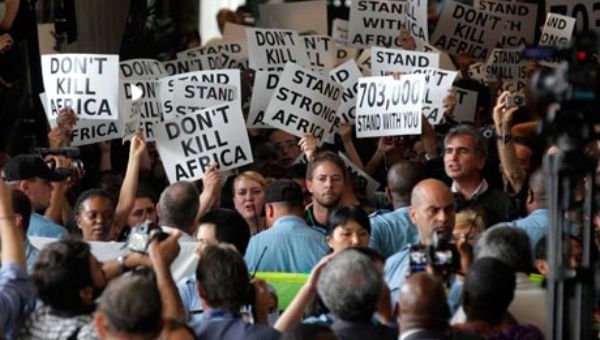Brazil
Challenging the globalisation of indifference: Pope Francis meets with popular movements

The author, Judith Marshall, meets Pope Francis.
By Judith Marshall
France: Jean-Luc Mélenchon on the Movement for the 6th Republic
The first of a three-part video (other parts below) features the address of Jean-Luc Mé
Climate and collusion: 'The window to halt runaway climate change is closing fast'

Environmental activists attempt
In Fortaleza, BRICS became co-dependent upon eco-financial imperialism

BRICS leaders in Fortaleza, Brazil.
Is there an 'anti-imperialist camp'? A debate (part 1)

Leaders of the Community of Latin American and
Mike Marqusee: A level playing field? Global sport in the neoliberal age

The idea of sports competition as a mirror or metap
Venezuela and Chile: Election wins advance left agenda

Michele Bachelet won a resounding victory in the Chilean presidenti


